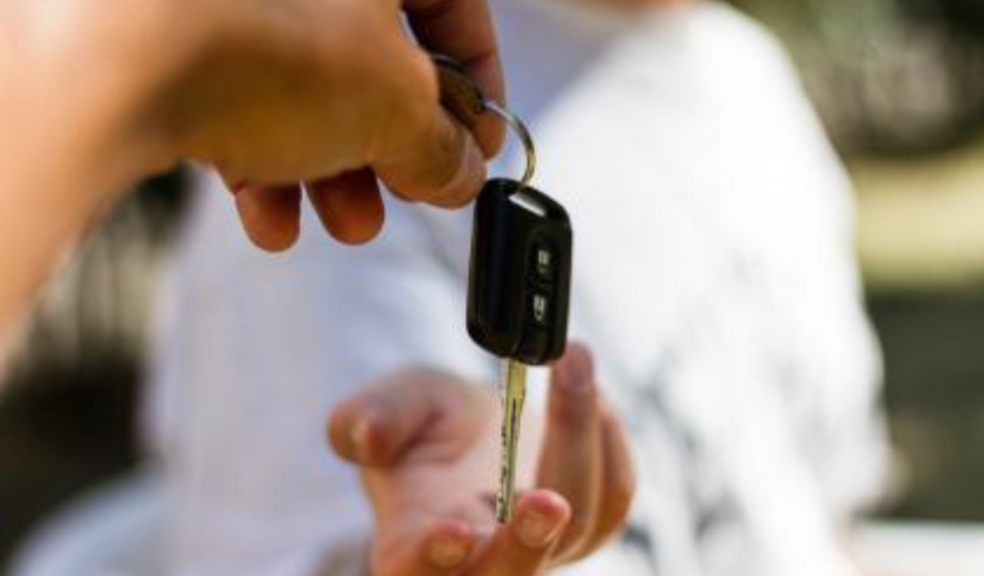
11 Expert Tips to Keep in Mind When Buying a New Car
When it comes to buying a car, being a hard-haggling customer is a matter of being well-informed. It would help if you did a deep-dive to have a few essential facts at the back of your mind when approaching the dealerships. You also source and compare quotes from different sellers, for this can make a significant difference in your wallet and newly acquired asset. Below are a few handy tips worth considering.
1. Buy At The Month's End
As you plan your purchase, let it be a bridge that you will cross near the end of the month. Most car dealerships operate on monthly sales goals. Therefore, you are bound to get discounts and free extras around that time because they are keen on attaining their quotas.
2. Take Safety Seriously
According to the NHTSA (National Highway Traffic Safety Administration), safety ratings are a crucial factor for all driving on the roads. The ratings help determine the likelihood of a driver or road user getting injured or killed in an accident. Thus, opting for a vehicle with a slightly higher safety rating can make a difference, and this can influence your car insurance premiums. In short, pick a car with a 4 – 5-star rating if you want something cost-effective and say safe when driving.
3. Research The Car You Want
Find out what you can about your dream vehicle's drive-away price before buying and the worth of the tacked-on extras. Doing this gives you a baseline for your haggling. Check out sites like Kelley Blue Book and online reviews to determine if the deal is as good as it sounds.
4. Know The Dos And Don'ts Of Bargaining
You probably will bargain much off an already discounted price. Nevertheless, it would be best if you kept some of your expectations realistic, and this entails knowing and keeping to the following do and don'ts:
The Dos
- Be friendly and polite because good manners will work in your favor. Sometimes, closing that deal boils down to how much the dealer like you.
- Leave your phone number even if you decide not to buy, they might call you with a better offer.
The Don'ts
- Never shy from walking away if the salesperson is not budging. Find another that will.
- Avoid low-balling unless you are confident that you can climb back up the price ladder.
5. Make The Dealers Compete With Each Other
While the salesperson could shoot down an offer without a second thought, they probably would rethink the decision if asked to match a competitor's price. You can always find a better deal out there, and every car dealer knows this. Therefore, shop around to know the prices so that you can make the sellers compete for your business.
6. Always Do A Test Drive
You will never find any substitute for a test drive. Driving the vehicle will help you make the right choice, especially when deciding between different makes and models. It is a must-do when buying a used car, which also should include having an independent, trustworthy mechanic inspecting it before making the purchase.
7. Note The Objectionable Extras
Do not be quick to accept any add-ons or extra features thrown at you, like paint protection, an extended warranty, or rustproofing. At times, they are included somewhere else in the contract and could only be a sales gimmick that increases the price. Consider the additional features you want or deem necessary so that you walk out with what you need.
8. Check The Fuel Consumption
Assess the vehicle's fuel consumption, especially when doing the test drive, to have an idea of its operating costs. If you can save around a thousand bucks now, that might be worth it than going through the next decade spending more than you would like at the pump.
9. Compare Insurance Costs
Car insurance is a matter that vexes many drivers, but the much you spend depends on what you are driving. If you are torn between two models, find out about their insurance rates so that you go with whatever lets you save more in the long run. Vehicles that lack the latest safety features or a strong NHTSA safety rating will have you dig deeper into your wallet when taking the insurance cover.
10. Ensure You Tick All The Boxes
Before appending your signature, ask yourself if you have done the following:
- Read and understood the terms and conditions, and you fully comprehend what you are signing up for.
- Visited different dealers to make sure that you are not getting a raw deal.
- Know what is included and excluded so that you are sure the vehicle you are buying has all the expected features, and you are not paying for unnecessary extras.
11. Compare All Of Your Financing Options
When it comes to your financing that new acquisition, you probably will have a lot of options to consider, including taking a car loan for an online lender, bank, or direct financing through the dealership. Figure out what makes each a better choice over the other. For instance, brush up on the third-party car loans compared to the dealership financing and see which suits your needs.

















